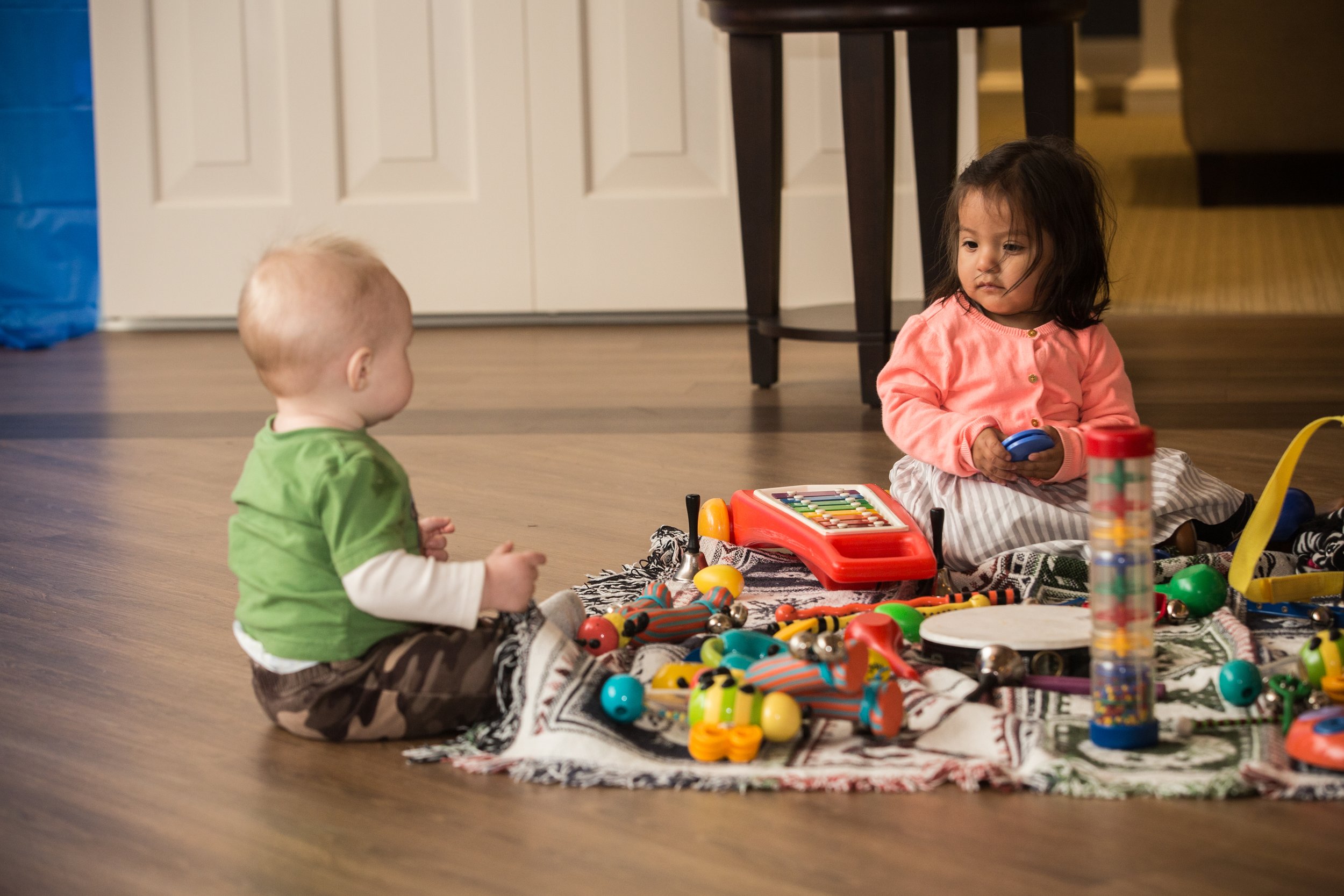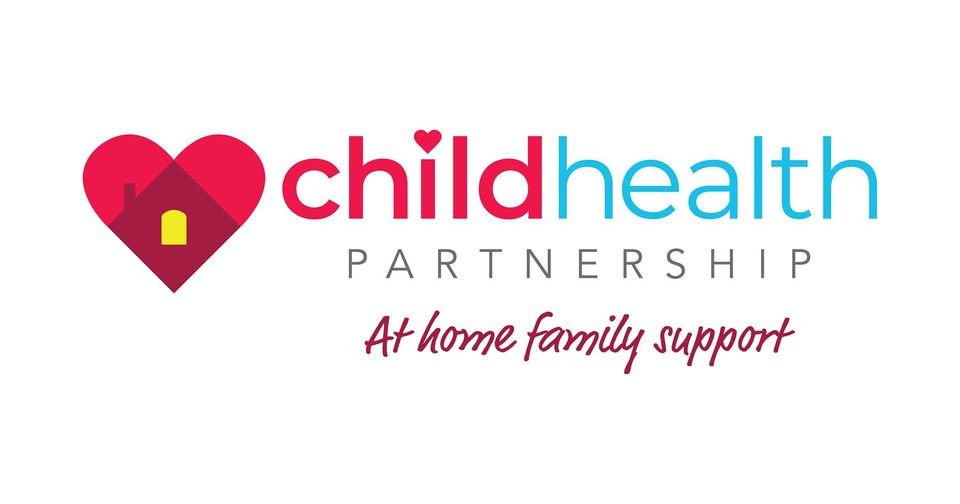
Our Impact Outcomes
Our numbers demonstrate our impact and positive outcomes in the community and in the future of our residents.
Since 1991, Child Health Partnership supported the health and well-being of more than 5,500 children and 3,500 families.
In 2024 we supported 309 children from 213 families with a total of 605 program participants. We provided 3,766 home visits and family contacts addressing complex medical, parenting and day-to-day needs.
Child Health Partnership supported 67 refugee children and their families.
Child Health Partnership provided 35 pregnant women with care and support, as well as 18 pregnant and parenting teens.
Child Health Partnership staff, nurses and family support specialist, made an average of 16 in-home visits per family in 2024.
Overall Positive Health and Well-Being Outcomes.
-
Overall Positive Health and Well-Being Outcomes
Since 1991, Child Health Partnership supported the health and well-being of more than 5,500 children and 3,500 families.
The following information is from the National Home Visiting Resource Center.
-

Healthy Babies
Home visitors work with expectant mothers to access prenatal care and engage in healthy behaviors during and after pregnancy. For example:
Pregnant Participants are more likely to access prenatal care and carry their babies to term.
Home visiting promotes infant caregiving practices like breastfeeding, which has been associated with positive long-term outcomes related to cognitive development and child health.
-
Safe Homes and Nurturing Relationships
Home visitors provide caregivers with knowledge and training to reduce the risk of unintended injuries. For example:
Home visitors teach caregivers how to “baby proof” their homes to prevent accidents that can lead to emergency room visits, disabilities, or even death.
They also teach caregivers how to engage with children in positive, nurturing ways, thus reducing child maltreatment.
-

Optimal Early Learning and Long-Term Academic Achievement
Home visitors offer caregivers timely information about child development and the importance of early childhood in establishing the building blocks for life. For example:
They help caregivers recognize the value of reading and other activities for early learning. This guidance translated to improvements in children’s early language and cognitive development, as well as academic achievements in grades 1 through 3.
-

Supported Families
Home visitors make referrals and coordinate services for children and caregivers, including job training and education programs, early care and education services, and - if needed- mental health and domestic violence resources. Research shows that-
Compared with their counterparts, caregivers enrolled in home visiting have higher monthly incomes, are more likely to be enrolled in school, and are more likely to be employed.
-

Home Visiting is Cost Effective
Studies have found on a return on investment of $1.80 to $5.70 every dollar spent on home visiting. This strong return on investment is consistent with established research on other types of early childhood interventions.
97% of Child Health Partnership families have a medical home for sick and prenatal care.
Positive Outcome:
At Child Health Partnership we strive to have 100% of our families in a medical home for sick and prenatal care. With the support of our Registered Nurses and Family Support Specialist providing in-home support and health education we have attained a medical home for sick and prenatal care for 97% of our families.
The impact of this outcome is that 197 out of the 203 families we serve have mothers and babies that are healthy allowing for positive birth weight, early detection and treatment of health problems and education on how to give their unborn babies a healthy start to life versus 76% of families across the country.
92% of Child Health Partnership children had a current developmental screening.
Positive Outcome:
By participating in a developmental screening program, parents can check their child’s development and address any potential concerns. Intervention before kindergarten has huge benefits because it sets children up for future success.
At Child Health Partnership we look to attain 100% of our children receiving a current developmental screening.
The intervention provided by our Registered Nurses and Family Support Specialist through early childhood education, activities and developmental screenings has made it possible for 92% of our Child Health children to receive a current developmental screening. 332 out of the 367 children we service in our community have received early detection and treatment for developmental delays and have been setup to graduate from high school, hold jobs, live independently; and avoid teen pregnancy, delinquency and violent crime versus 30.4% reported to have had a developmental screening across the country.
89% of Child Health Partnership children were up to date on well childcare.
Positive Outcome:
These visits are critical in keeping kids of all ages healthy. They also ensure that children are growing as expected. Regular visits, even when a child is not sick, will establish trends that can help pediatricians spot and address irregularities or concerns in a timely manner.
At Child Health Partnership we strive to have 100% of the children participating in our programs to be up to date on well childcare.
Currently Child Health has 89%, 326 out of 367of our children are up to date on well childcare allowing for our children to have irregularities or concerns addressed in a timely manner and ensure that children are meeting their growth milestones versus the 86.7% of up to date well childcare of 0 to 4 years of age across the country and 74.5% of 5- to 11-year-olds across the country.
81% of our Child Health Partnership parents scored above the desired benchmark for nurturing behaviors.
Positive Outcome:
Child Health Partnership looks to achieve 100% of our parents attaining above the desired benchmark for nurturing behaviors.
Currently 81% ,164 out of 203 families, of our Child Health parents scored above the desired benchmark of 50% in nurturing parental behavior with their children due to parenting education provided by our staff.
A nurturing parent is important because it provides numerous benefits for a child. These benefits include:
Building a strong bond between parents and children, which strengthens their relationship for years to come.
Helping children grow up with self-confidence with the feeling of being loved and cared for by their parents, which facilitates healthy emotional development.
Ensuring the overall health of their child.
Enhanced brain development.
Increased empathy and self-esteem.
Better attachments and healthy conflict resolution.
Fewer mental health problems as adults.
89% of Child Health Partnership children had a current health assessment.
Positive Outcome:
Child Health Partnership strives to attain 100% of Child Health children in receiving a current health assessment.
Currently 89%, 326 children out of 367 of Child Health Partnership children, have had a current health assessment provided to them by our Registered Nurses on an annual basis to ensure proper growth and development vs 39.1% across the country. This assessment leads to supplemental education on topics such as nutrition, oral health, health concerns and providing anticipatory guidance to increase school readiness and positive future health outcomes.
71% of Child Health Partnership had one or both parents employed.
Positive Outcome:
Child Health Partnership strives to support 100 % of Child Health parents in attaining employment. Currently 71% of our families, 144 out the 203 families, we serve have one or both parents employed versus the 67% of both parents employed across the country. With the support of our staff we are able to provide opportunities and resources for our parents to attain employment.
Children develop career expectations as they increase self-knowledge and perceive societal affordances and barriers to life roles. Parents are powerful agents in the socialization of children to work, transmitting occupational concepts that influence children's career development.
78% of Child Health Partnership children are enrolled in preschool or child care.
Positive Outcome:
Early childhood is a critical time when a child’s brain is highly impacted by the contexts and environments that surround them.
Child Health Partnership strives to support 100% of our families in accessing childcare or preschool enrollment. Currently 78% of Child Health children, 286 out of 367 children, are enrolled in preschool or childcare vs 41.8% across the country due to the in-home education and support provided by our staff.
Preschool provides a foundation for learning both socially and academically that will help children succeed in elementary school.
71% of Child Health Partnership babies are breastfed.
Positive Outcome:
Research shows that breastfeeding offers many health benefits for infants and mothers, as well as potential economic and environmental benefits for communities. Breastfeeding provides essential nutrition.
Child Health Partnership looks to attain 90% of our mothers to breastfeed their babies. Currently 71% of Child Health Babies we serve are breastfed, which is 260 out of 367 children we serve. Currently across the country 83.2% of babies are breastfed. We continue to provide lactation support education and programming to our mothers in the hopes of making a bigger impact in our community.
97% of Child Health Partnership children were up to date on their immunizations.
Positive Outcome
Vaccinations throughout childhood are essential to protect young lives. Vaccines help provide immunity to children before they are exposed to potentially harmful diseases like hepatitis B, measles, mumps, polio and more.
Child Health looks to attain 100% of our Child Health children receiving up to date immunizations. Through the support and guidance of our Registered Nurses and Family Support Specialist currently Child Health has attained 92%, that is 337 out of the 367 children we serve, do receive these immunizations in comparison to 72.1% across the country.
The more people that receive a specific vaccine, the greater likelihood of developing "herd immunity," which protects everyone in the community – even medically vulnerable people who cannot safely receive the vaccine.
83% of Child Health Partnership children who needed medical care received it.
Positive Outcome:
Our community nurses are experts on health resources available in our communities. For families arriving to the US for the first time, our staff help to navigate the intricacies of our healthcare system. Child Health staff not only coordinate services for new neighbors in our community but are also able to attend medical appointments and advocate on behalf of families.
Currently Child Health Partnership strives for 100% of children to have access to needed medical care. Currently due to our Registered Nurses and Family Support Specialist support in the home and with health education 83%, 304 out of 367 children we serve, are receiving needed medical care versus the 20.3% of children who face barriers to access across the country.
50% increase in Child Health Partnership children who received needed dental care.
Child Health Partnership looks to attain 100% of Child Health children receive much needed dental care. Currently Child Health has seen an increase of dental health care vs the decreased number of children receiving dental care across the country of 80.9%.
Providing families with resources and education has helped to support the increase in number of dental care visits with our families.
Dental cavities are the most prevalent chronic disease in childhood. Despite increased dental visits, the prevalence of cavities remains high. Over 40% of children aged 2 to 19 have experienced dental cavities. Preventive care—such as regular dental check-ups, fluoride treatments, and proper oral hygiene—can significantly reduce the risk of cavities.
Children with cavities in their primary teeth are more likely to develop cavities in their adult teeth.
Unfortunately, disparities exist in access to dental care. Factors like income, race, and insurance status play a role. Children from low-income households, non-English-speaking households, and those with special health needs may face challenges in accessing preventive dental care, but here at Child Health Partnership our children have decreased these issues by 50%.

-
To learn more about what makes Child Health Partnership different from other nonprofits click here.
-
To learn more about our services and programs click here.
-
Your support is critical to our families and their children. To donate please click here.














